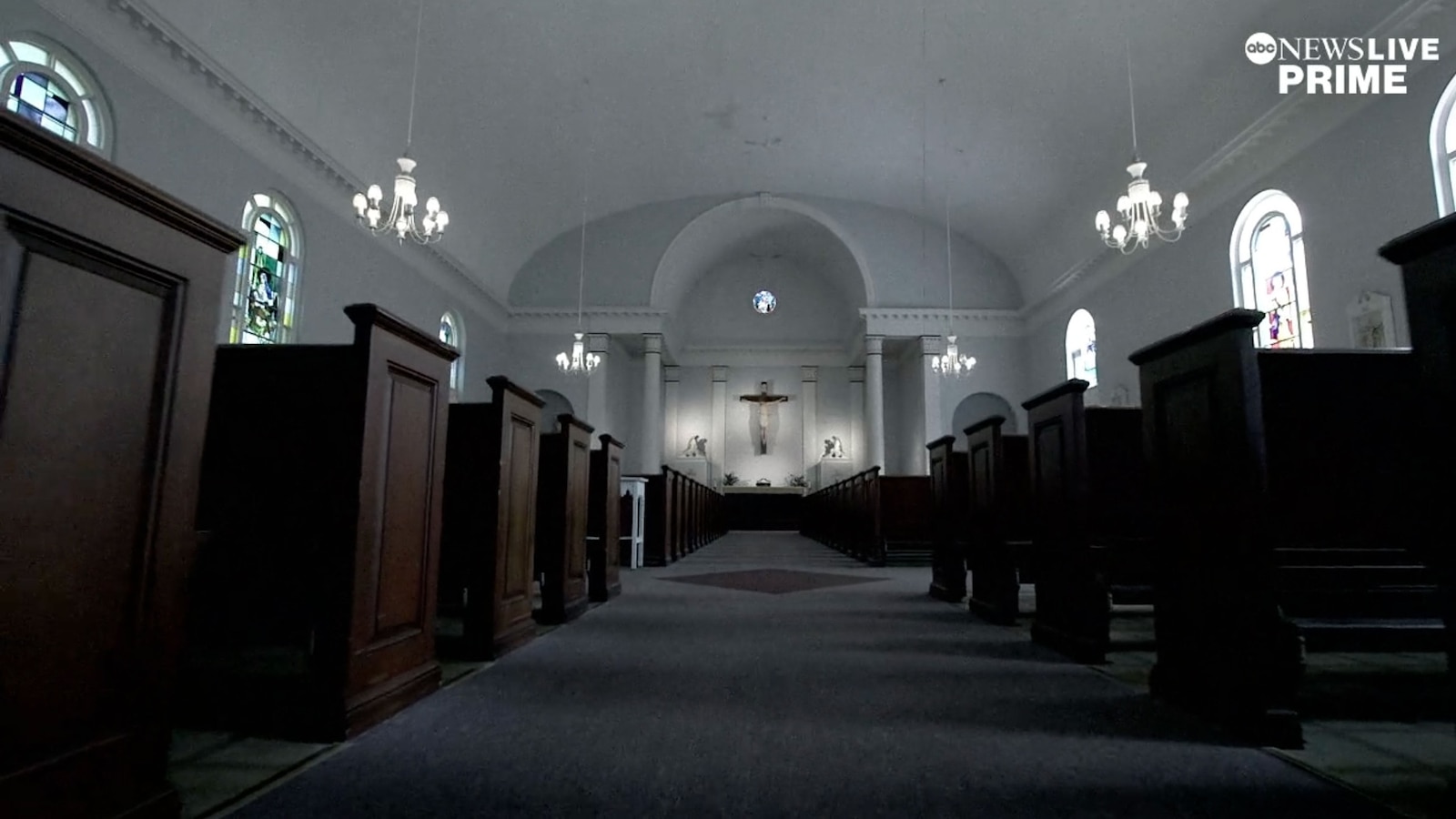Summary
Churches across the U.S. are grappling with dwindling attendance and financial instability, forcing many to close or sell properties.
The Diocese of Buffalo has shut down 100 parishes since the 2000s and plans to close 70 more. Nationwide, church membership has dropped from 80% in the 1940s to 45% today.
Some churches repurpose their land to survive, like Atlanta’s First United Methodist Church, which is building affordable housing.
Others, like Calcium Church in New York, make cutbacks to stay open. Leaders warn of the long-term risks of declining community and support for churches.



Like , say, a community center? I took karate when I was 12 at my local community center.
Having a karate class in a now defunct church sounds amazing.
Absolutely.
But every rural removed community has a church. Only cities have community centers.
That’s opportunity cost - they would have money for a community center if they didn’t spend it on the church.
They don’t have the money to spend on the church either, that’s why churches are closing.
Per capita contributions haven’t gone down nearly as much as attendance, though. Churches are losing money because the public is rejecting them on principle.
Not what I meant.
I mean, people aren’t going to church, and they’re just spending the money on themselves. Bills and shit. People who stop going to church aren’t donating it to their community center, which means community centers are not replacing churches.
I thought we were discussing what could be? Or what ought to be? I understand that community centers have not already replaced churches.
We’re discussing what can be. Can they replace churches? How do you get people to donate? The church could get people to donate because of guilt and sin and shit, the community center can’t do that.
Where I live, community centers are typically funded by taxes, not donations. Which makes a lot of sense because it’s a positive externality. We have the money and just don’t want to spend it on church.